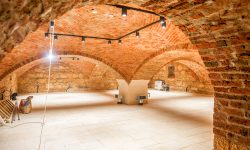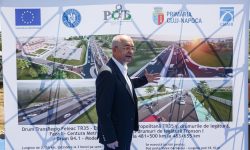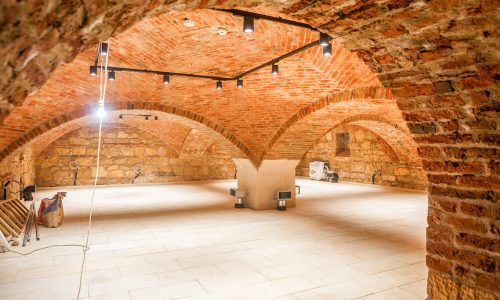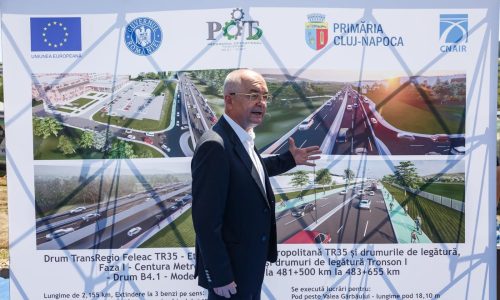What just happened? The dust has barely settled on the Romanian presidential elections which were held on November 24th, 2024 and we're already seeing a very different landscape after the results have landed.
This might be one of the most pivotal elections in the country's modern political history, with controversy and debates being stirred up both at home and abroad. There's now going to be a run-off on December 8th and voters both domestically and internationally face a choice between two very different visions for Romania's future.
What are the options? Well, many would say that it's either a nationalist agenda, led by candidate Călin Georgescu, an independent candidate who took most people by complete surprise, or a Pro-European path, led by Elena Lasconi who is from the USR (Save Romania Union) party. Both have almost polar opposite visions for the path of the country.
Introducing the candidates:
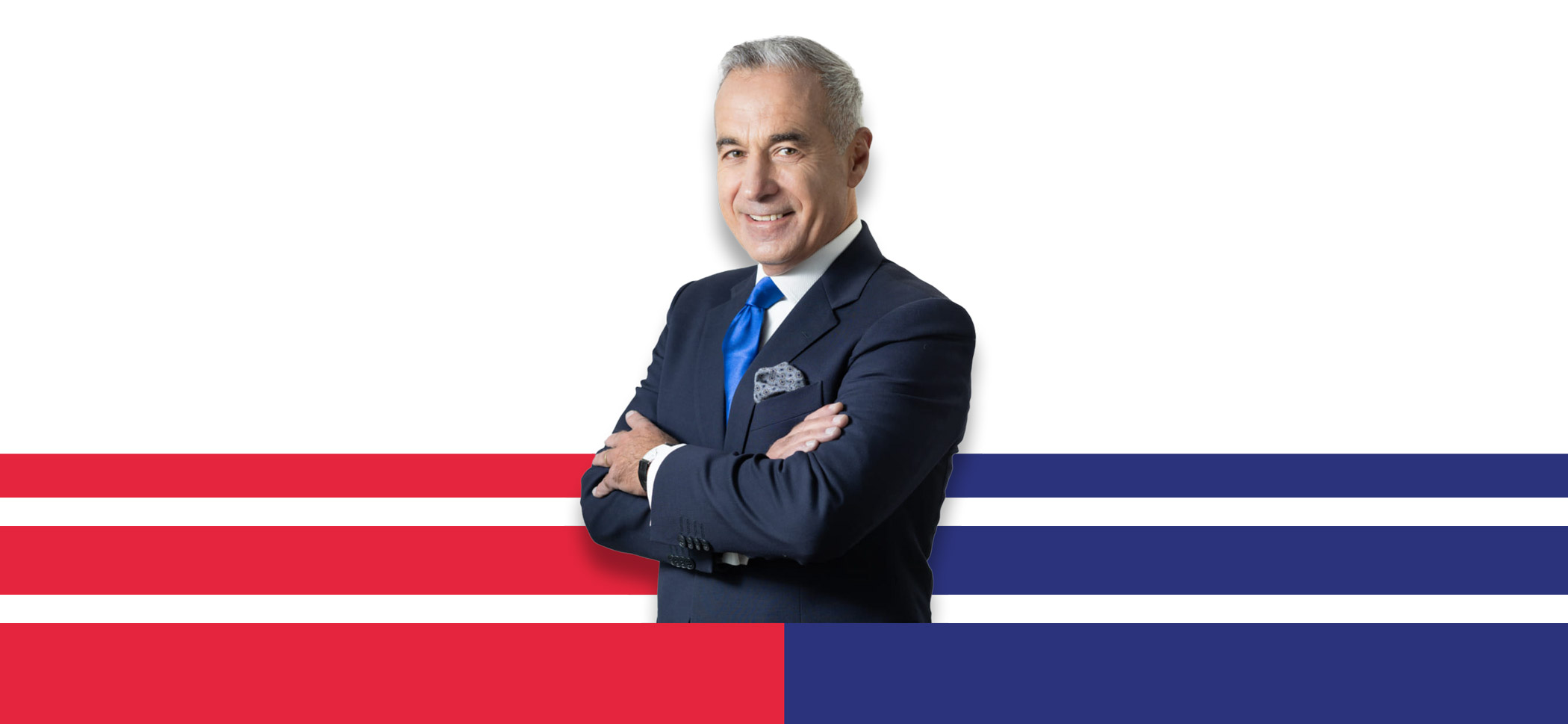
Călin Georgescu
In a dramatic first round of elections, Călin Georgescu, who is considered a far-right independent candidate emerged with 22.94% of the votes. He's known for his nationalist rhetoric and his platform includes sharp critique of NATO and calls for sovereignty, although, this is something that Romania has officially had since 1877 following it's War of Independence from the Ottoman Empire, so one can only imagine that this translates to distancing itself from the EU and other foreign institutions. This makes makes sense, as Georgescu has been skeptical of the EU's influence.
His unexpected rise, especially as an independent candidate has been linked to a highly effective social media campaign, particularly on TikTok where he appears to have resonated with younger voters, disillusioned by the typical mainstream politics in Romania.
Calin was born on March 26th, 1962 in Bucharest and is an agronomist, having graduated from the Faculty of Land Reclamation and Environmental Engineering at USAMV Bucharest. He has also served as the Executive Director of the United Nations Global Sustainable Index Institute in Geneva and Vaduz from 2015 to 2016. He has been in politics since the early 90s and was also an honorary member of the Alliance for the Union of Romanians (AUR) party but was removed in 2022 due to his extreme anti-NATO views.

Elena Lasconi
The runner up, Elena Lasconi, managed to grab 19.17% of the votes with Marcel Ciolacu, who is Romania's current Prime Minister and part of the familiar Social Democratic Party (PSD), a party which collectively has almost 15 years of governance in Romania since 1990, trailing just behind with 19.14%. Many saw Lasconi's rise as a chance of “real change” in Romania.
Lasconi advocates for stringent anti-corruption measures with enhanced transparency and accountability within the government, tighter European integration and stronger ties with NATO for both economic and national security development with a focus on social reforms to improve healthcare, education and social services with the aim of improving the quality of life for Romanians.
Elena was born on April 20th 1972 in Hațeg, Hunedoara County and was a journalist for over 20 years, working for Pro TV. Her political journey began in 2019 when she joined the Uniunea Salvați România party (USR) and in 2020, Elena was elected as mayor of Câmpulung, where she was also re-elected during 2024's local elections. She was designated USR's candidate for the 2024 presidential elections by receiving 94.31% of votes in the congress.
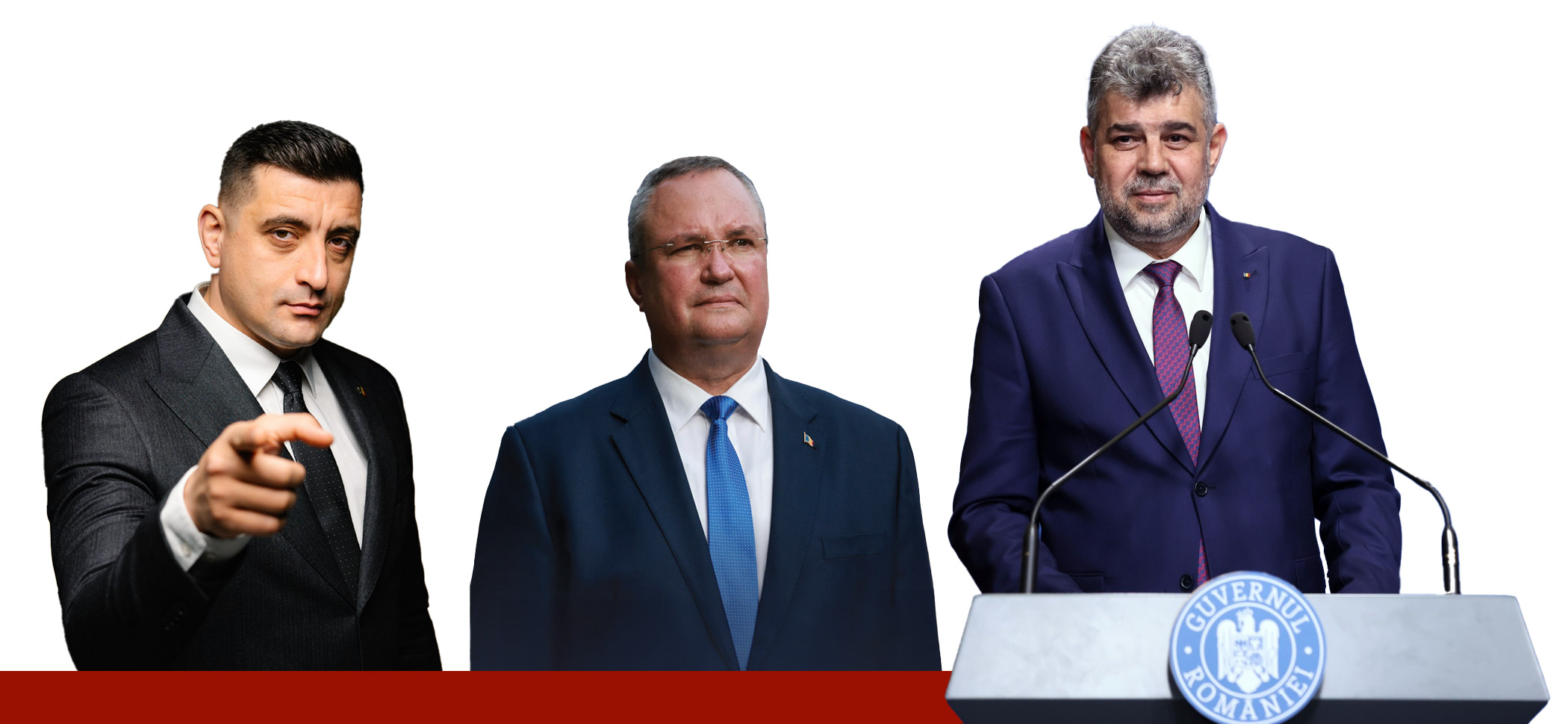
Where are the familiar faces?
For the first time since the fall of communism, Romania’s political establishment has been largely sidelined. Current Prime Minister Marcel Ciolacu of the Social Democratic Party (PSD), which has dominated Romanian politics for decades, narrowly missed advancing to the runoff with 19.14% of the vote. This historic upset reflects growing public frustration with traditional parties, often accused of corruption and stagnation.
The National Liberal Party (PNL), led by former Prime Minister Nicolae Ciucă and the party of Cluj-Napoca’s influential Mayor Emil Boc, also failed to make an impact, receiving just 8.78% of the vote.
Similarly, George Simion of AUR, despite his rising nationalist rhetoric, could not secure a spot in the runoff, though he did do better than PNL, by securing 13.86%, although some of this may have been attributed to various “memes” floating around social media due to his “finger gun” pose,
reminiscent of early 20th-century recruitment posters like those of Lord Kitchener and Uncle Sam.
The results of this election underscores the disillusionment with the familiar political figures and a growing demand for change.
Are there Concerns of Interference?
The world is clearly in a strange place right now and there's evidently a shift in the mindset of voters and the political landscape. With the recent U.S. elections, seeing Donald Trump re-elected, Hungarian Prime Minister, Victor Orbán’s nationalist policies, conflicting with the EU's norms and the election of Slovakia's Prime Minister, Minister Robert Fico, all have one thing in common. They're all mostly sympathetic towards or Pro-Russian.
The recent elections in the Republic of Moldova, where Maia Sandu was re-elected as president on November 3rd 2024, had significant focus on the risks of Russian political influence in the country. The stakes were very similar to that of other recent elections and prompted people to campaign in the streets for Maia Sandu. The result would be either a Pro-European or Pro-Russian presidency and also ignited concerns that Russia had been allegedly buying votes.
She won the election, securing 55.29% against her rival, Alexandr Stoianoglo, with 44.65%.
This brings us onto Georgescu's campaign, which has been dubbed anything but conventional and accompanied by a fair share of controversy.
Firstly, the use of social media platforms, primarily TikTok, has raised concerns about the role that these platforms play in the shaping of political narratives. So much so, that the CNA (National Audiovisual Council) has called on the European Commission to investigate allegations of manipulation, including that of artificial amplifications of his campaign's messages through coordinated accounts and unmarked political adverts.
He has also drawn criticism for making unsubstantiated claims against Lasconi in a recent press appearance, where he accused his opponent of “selling out Romania to foreign interests,” something which was widely condemned as inflammatory and lacking evidence. However, such statements don't seem to be anything new in politics during elections, just take a look at the U.S. election campaign.
What generates more concern for many people, is Georgescu's pro-Russian sentiment and critiques of NATO, fuelling speculation about foreign influence in his campaign. It must be said that although there's no direct evidence, his rhetoric aligns closely with the narratives that are promoted by Moscow, which can be enough of a foundation for many which oppose his views.
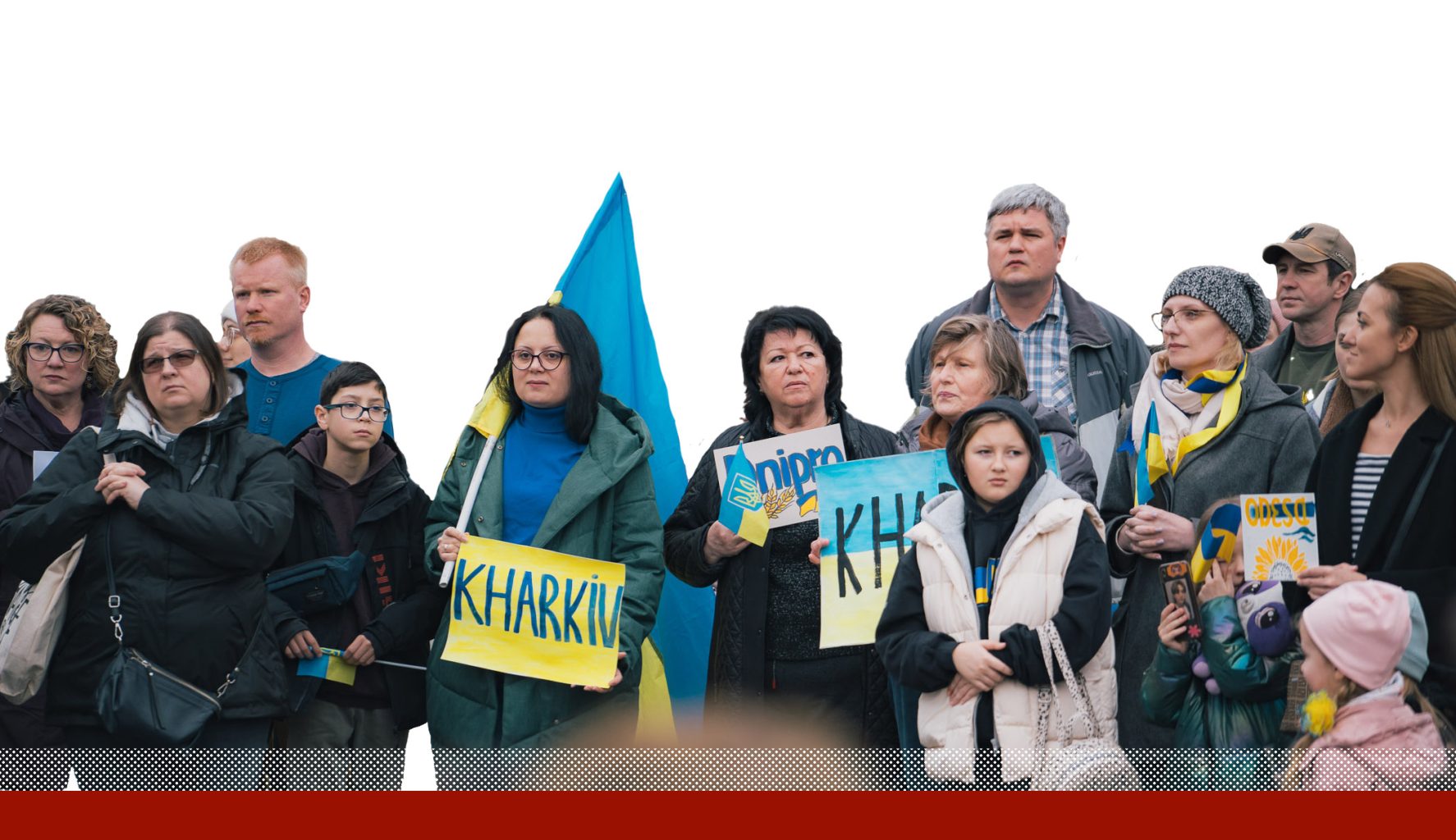
At Risk: Romania's Role in Eastern Europe
The 2024 elections is not just a turning point domestically, but it also carries significant implications for the wider region. As a NATO member and EU state, Romania has played a critical role in the stability of Eastern Europe, especially amid the ongoing war in Ukraine after Russia launched a full-scale invasion in February 2024.
Romania's foreign policy under the next president will almost certainly have direct and immediate implications for Ukraine. Georgescu's campaign has signs of a departure from Romania's pro-Western stance. His proposal to reduce NATO's influence in Romania and to engage in dialog with Russia causes significant concerns for NATO's strategic position on its eastern flank.
Taking into consideration the that Romania shares a border of of almost 650km (403 miles), any degradation of defensive capability or policies risk isolating a Ukraine, who already experiences challenges from their western neighbour, Hungary, who despite being a NATO member and EU state, have been creating challenges for Ukraine under Orbán's governance. Some would say, that the last thing the region needs, is another round of instability, as this will almost certainly serve as an opportunity for further Russian efforts to destabilise Eastern Europe.
On the other side of the election, Lasconi's vision is sharply contrasting by pretty much doing the complete opposite. She pledges to deepen Romania's commitment to NATO and the EU, emphasising the critical role that these alliances play in ensuring national security. Romania's access to the Black Sea are also of strategic importance both militarily and economically.
The concern is that movement away from these alliances and institutions could isolate Romania and reverse years of progress.
What Comes Next?
In just a under couple of weeks from now is the December 8th runoff. The runoff is shaping to be one of the most consequential elections in Romania's post-communist history and will determine whether Romania continues to align itself with Western institutions or takes a more isolationist and nationalist path.
The stakes are high, not just for Romania, but for the entire regions. A Georgescu presidency risks disrupting NATO's strategy and position in Eastern Europe, embolden populist movements in neighbouring countries and weaken the EU's unity. On the other hand, a Lacsoni victory would reinforce Romania's commitment to democratic values, reform and international collaboration.
For Romanian voters, this decision is more than just about choosing a president, something that many have effectively dismissed as “unimportant” or “uninfluential” in past elections. It's about defining the country's identity and its place in the world.
As the nation prepares for the second round, the world is watching, with the outcome having ripple effects felt way beyond Romania's borders.
